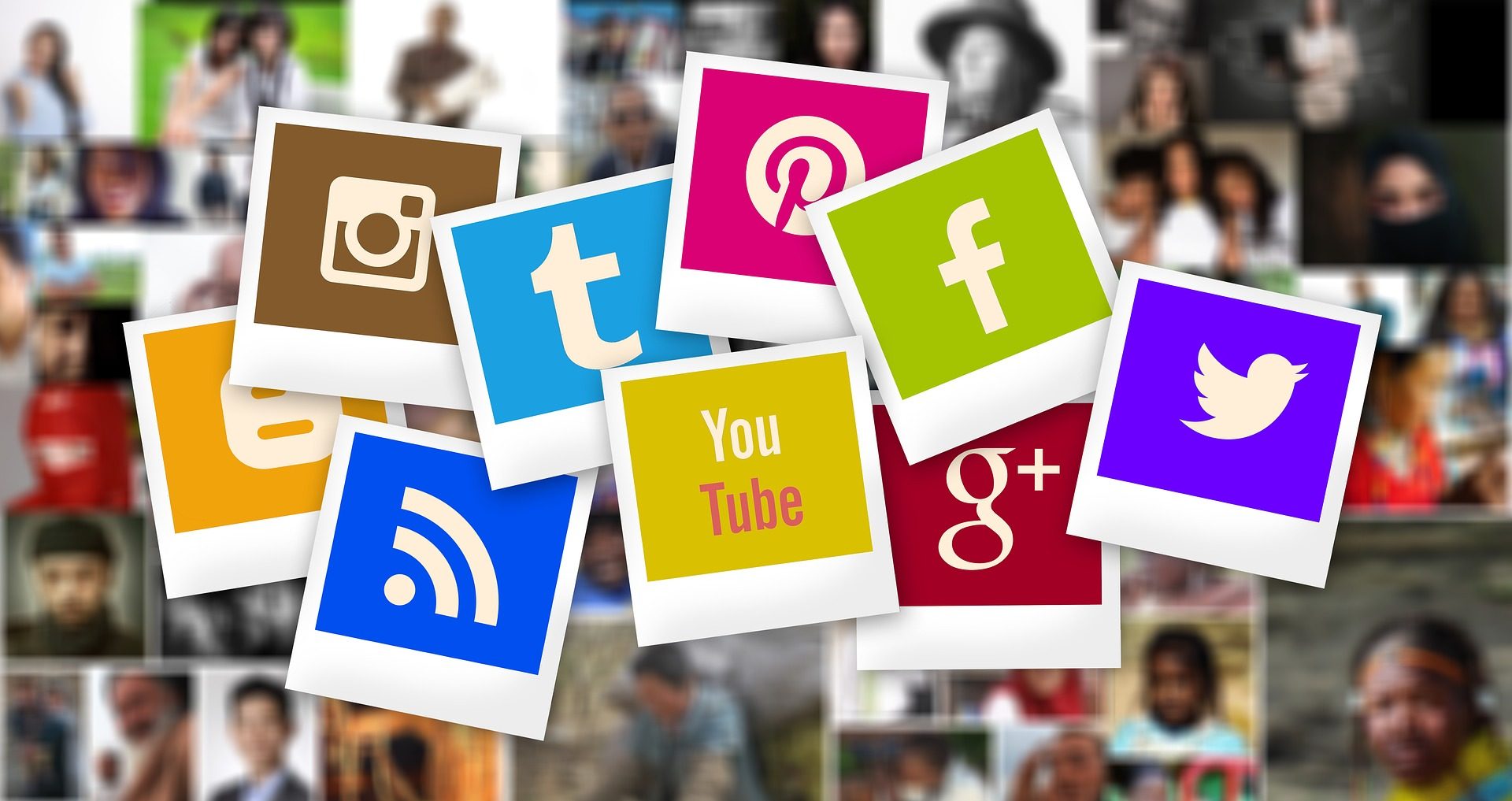We fill our lives with social media. Our thoughts, actions, and relationships are ruled by it. Unless one takes mindful steps to avoid their phones in the morning, often, the tweets and captions we read are the first things we see before we even form our first thoughts.
It’s what we watch when we’re bored in the house, it’s what we watch when we’re about to fall asleep, and it’s what our eyes and hands are drawn to when we sit down for the important things, like homework, or chores, or literally anything else. Research findings have proven the debilitating effects of social media on longtime users, how it feeds our minds’ circuits, and how it leaves our bodies wanting more when we finally have the willpower to put the phone down.
Many social media users have relationships with their phones that are definitely unhealthy, but our dependency on social media is kind of unavoidable at this point. Mindfulness is absolutely important in all aspects of our lives, but it is also important to understand that social media doesn’t have to be an unhealthy experience. It doesn’t have to be tiring, debilitating, or overwhelming. Social media can be curated into a safe space if you have the proper tools and resources to do so.
- Use the Block and Mute buttons.
- The Block and Mute buttons are there for a reason. If you find yourself feeding into bad habits and consuming media that occupies your head space in a negative way, it’s probably best if you mute or block certain accounts. You know your boundaries best!
- Mute trigger words. Also, you should probably use trigger warnings.
- For a lot of folks, there are certain words that can be triggering, whether they force you into a negative head space or bring you back to past traumas. Social media is something we give ourselves access to multiple times throughout the day, and being confronted with such triggers on your Timeline or feed can be overwhelming. Muting certain words on your Twitter–or, when it comes to other social media platforms, blocking certain accounts–can really help, and in general, using trigger warnings before you delve into potentially traumatic subject matter is always a good rule of thumb. It isn’t just about being considerate; it’s simply the right thing to do.
- Say no to hate-watching and hate-following.
- Remember what I said earlier about “feeding into negative habits”? This is what I mean. “Hate watching” and “hate following” sounds worse than it is, but in an everyday context, it means watching, following, or keeping track of people you may have unconscious resentment for through social media. Usually this applies to people you’ve been in past relationships with. Deconstruct that habit! Understand what it is about yourself and your relationships with others that makes you linger in the past, and start there. The very first step, however–Step Zero–is to stop yourself from looking up their accounts in the first place. It’s harder than it seems, but you can let it go. Be conscious!
- Follow mindfulness/mental health accounts.
- There are a number of mental health-based accounts that offer tips, advice, and techniques when it comes to true mindfulness and self-understanding. Therapy and other mental health resources aren’t universally accessible, and while I’m not saying that following these accounts should stand in for such resources (self-diagnosis and lack of care is dangerous), these accounts offer valuable reminders of what it means to truly nurture your mental. Some of my favorite ones are @nedratawwab, @lisaoliveratherapy, @seerutkchawla, @decolonizingourhealing, and @dr.marielbuque (all on Instagram).
- Deactivate notifications.
- All of the claims I make with regards to social media are derived from well-researched findings I’ve encountered over the years, but most can be cited from Catherine Price’s How To Break Up With Your Phone (highly recommend!). In this book, she discusses the effects of “the notification”– the ping you hear when you receive anything from a text, to an Instagram like, to an app update. Hearing the ping gives you a rush of adrenaline, a mix of excitement and hope as you look to see who might’ve hit you up. It’s scary to understand the kind of power that notifications have over us. We stop everything to check them (again, unless we’re mindful). Deactivating notifications or using Do Not Disturb/silent modes can help you take the time and space you need away from the overwhelming mental stimulation of our phones. Doing so has, for me, significantly decreased the amount of times I pull out my phone throughout the day. I only use my phone when I need to–when I actively choose to–and I don’t fall victim to the almost-automatic response that most folks have when they hear their phone calls for them– which is checking it.
- Make it a habit to take the time out of scrolling and stretch.
- Be careful about scrolling through your phone for hours! Not only is being on social media training your brain to get accustomed to instant gratification (see the book I mentioned above), going on your phone for hours will make your body uncomfortable without you even knowing it. You hunch, you strain your neck, your body tenses, and your eyes can’t get a break. Give your body that break. If you know you’ve been scrolling through social media for longer than you should, take the time to unclench your jaw. Relax your shoulders. Stop holding so much tension in your back, neck, and hands. Then, if you feel like you should, step away from your phone completely… take a full social media break if you need to!







